Why esports goes beyond sports
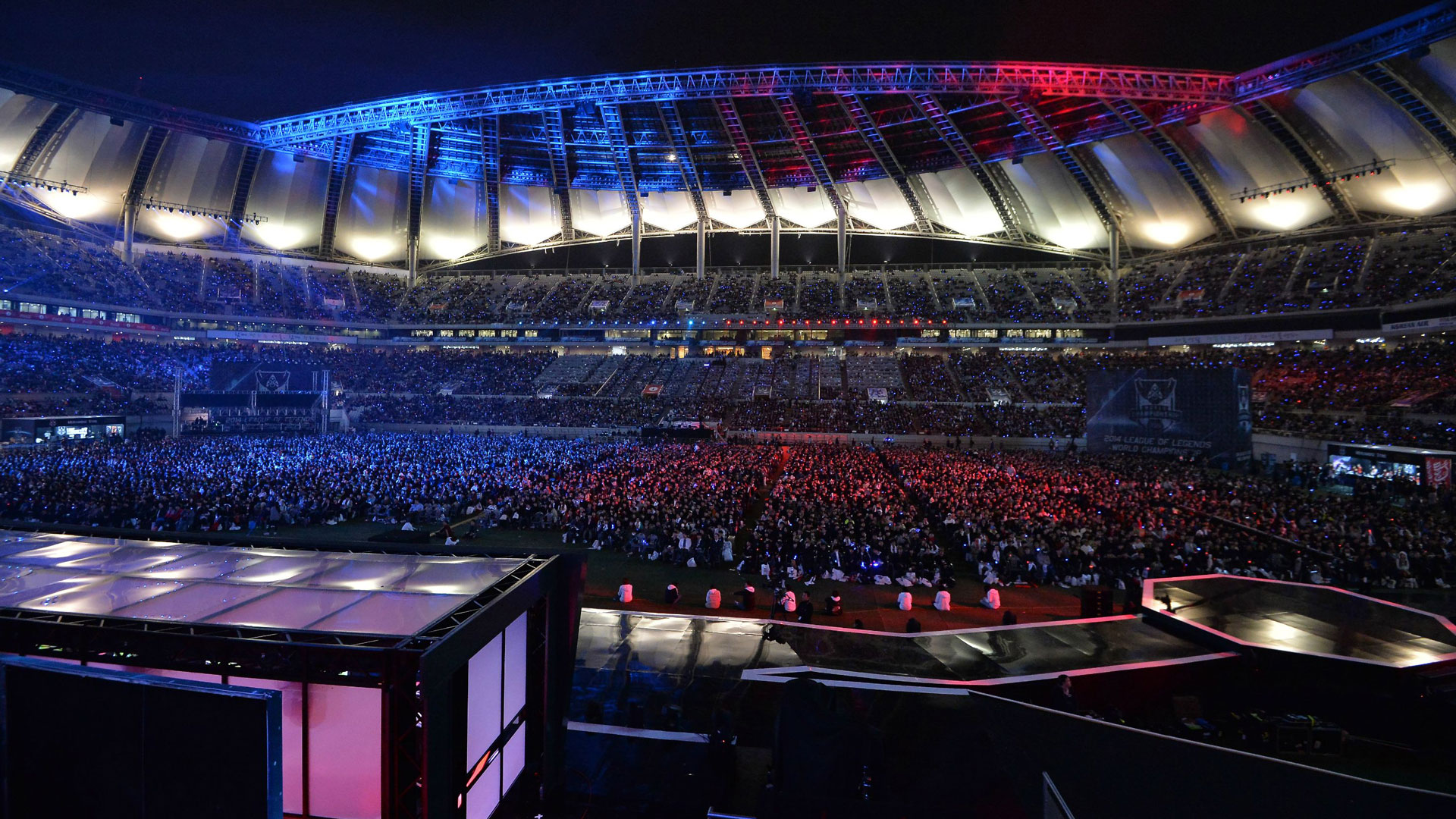
There are a lot of comparisons to draw between the traditional sports industry and the newer up-and-coming esports industry. In this article we’ll take a look at those similarities and look at one of the biggest questions esports faces today: “Is esports a sport?”
Controversy
There has long been a controversy surrounding the classification of esports as a sport. While some countries such as China, who declared esports as a sport all the way back in 2003, have been frontrunners on the topic, there are still a lot of countries where esports still hasn’t been legitimized. While most acknowledge the fact that esports in itself is competitive, some people don’t think that’s enough to call it a sport.
Similarities to traditional sports
A league of its own
While competing in esports may not be a physical activity, there’s no question about it that competing at the highest levels requires a lot of effort. Much like professional athletes in traditional sports, esports athletes have to be able to concentrate for hours at a time, they need great hand-eye coordination and have to be able to make snap judgements in a very short amount of time.
Gaming often still has a negative connotation to it and a lot of people still think of it as ‘a bunch of sweaty fat guys in a room shouting at a screen’. Studies have debunked this multiple times, with studies such as the one done by the Queensland University of Technology proving esports players are actually at a healthier weight than the general population, smoke less and consume less alcohol.
Esports as a sport is a topic that’s been studied and talked about for the past two decades on a lot of different platforms. Some notable examples:
If we take a look at how the WHO (World Health Organization) defines sports, this is what we get: “Sport is an activity involving physical exertion, skill and/or hand-eye coordination as the primary focus of the activity, with elements of competition where rules and patterns of behaviour governing the activity exists formally through organizations and may be participated in either individually or as a team.”
You’ll find almost all of these aspects in esports as well, even physical exertion. Some matches might even take up to five hours, with players battling fatigue. having a good physique will help keep focus throughout these moments. Mens sana in corpore sano.
The League of Legends World Final 2014 was played in the Seoul World Cup Stadium. The venue was orginally built for the 2002 FIFA World Cup and has a capacity of over 66,000 seats.
Arguments against esports as a sport
Part 5 of 'esports isnt a sport' and 'WTF are video games doing on TV?' now featuring assertions that Overwatch is a game where you 'execute' people and is related to real life gun violence, with claims of ESPN advancing a political agenda. pic.twitter.com/sqpS2E2BTP
— Rod Breslau (@Slasher) July 30, 2018
Does it really matter?
News Articles

BSL Season 6: The Champions are known

BSL: Getting to know the students
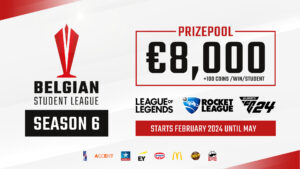
Season 6 of the Belgian Student League!
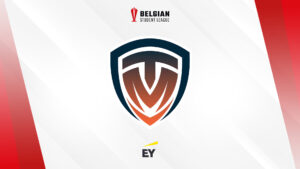
Meet the teams: Thomas More Gaming

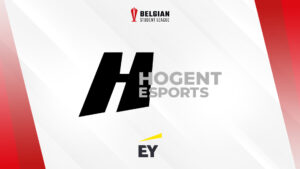






























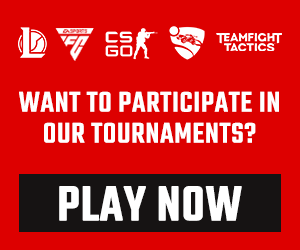


 The Belgian Student League website uses cookies to improve your experience. For more info read our
The Belgian Student League website uses cookies to improve your experience. For more info read our